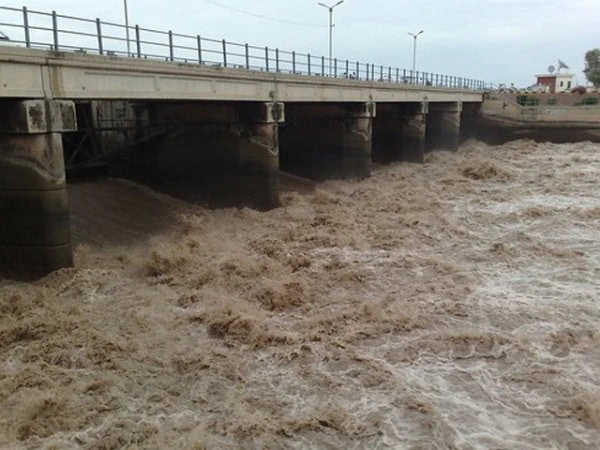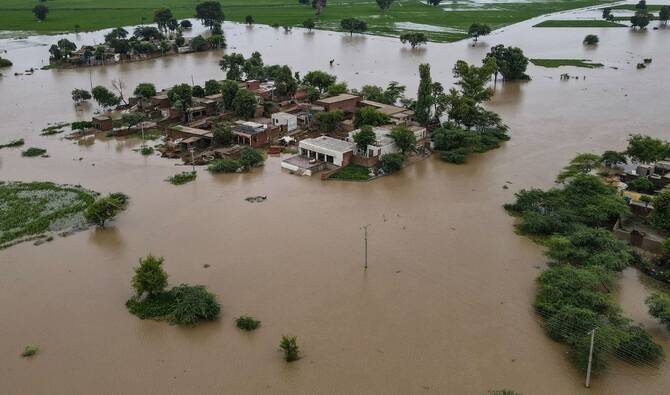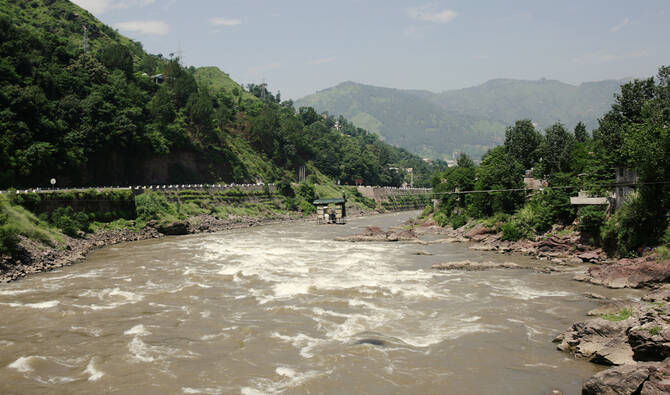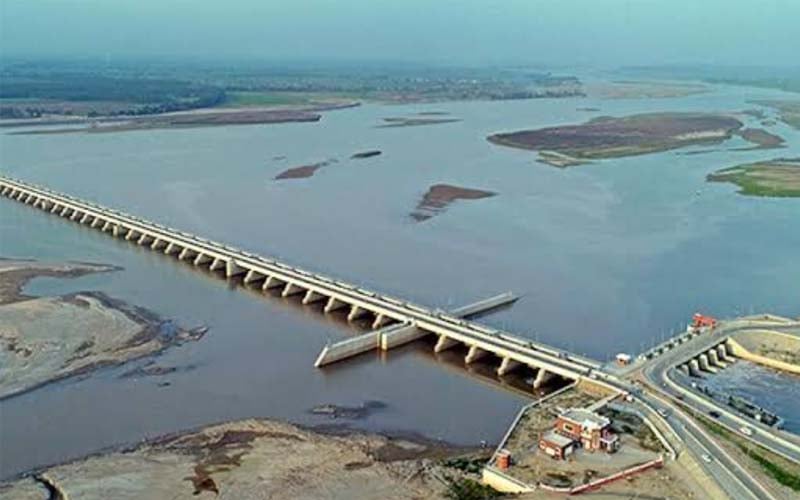Climate
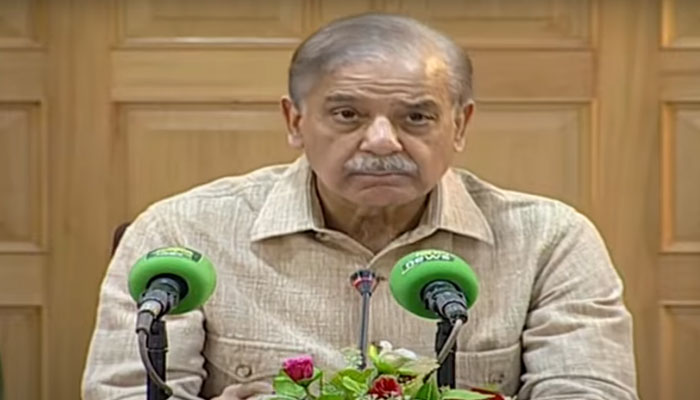
Prime Minister Shahbaz Sharif on Wednesday stressed the urgent need for building new water reservoirs in Pakistan, saying that climate change poses a growing threat to the country’s future.
Addressing Punjab Chief Minister Maryam Nawaz, federal and provincial ministers, and NDMA officials in Narowal, the prime minister said recent rains and floods had caused significant loss of life and property, particularly in Gilgit-Baltistan and Khyber Pakhtunkhwa, while Punjab’s plains were also experiencing severe flooding.
“We all deeply regret the loss of human lives due to the floods,” Shahbaz said, while commending the Punjab government, rescue services, police, and the irrigation department for their round-the-clock efforts to minimize losses.
Reflecting on past disasters, the premier recalled the devastating floods of 2022, which caused massive destruction in Sindh and Balochistan. “Crops ready for cultivation on millions of acres were destroyed,” he noted, adding that the scale of the disaster highlighted Pakistan’s vulnerability to climate change.
The prime minister emphasized that Pakistan is among the countries most severely impacted by climate change. “The challenge of climate change must be addressed in the coming years,” he said, underscoring the importance of investing in sustainable solutions.
Shahbaz pointed out that the construction of new water reservoirs was the “need of the hour.” He added: “We will have to utilize our resources to store water. The country’s water storage capacity must be increased, and we have the capacity to build many new small dams.”
His remarks come amid mounting calls from experts and environmentalists urging the government to strengthen climate resilience policies, improve disaster preparedness, and expand water conservation efforts.
